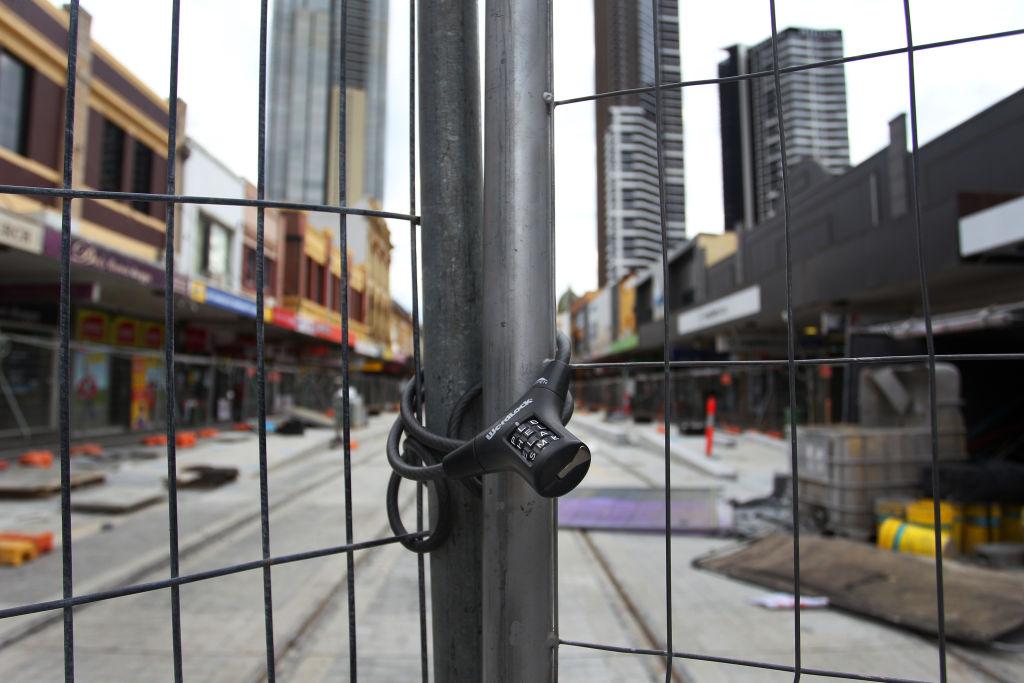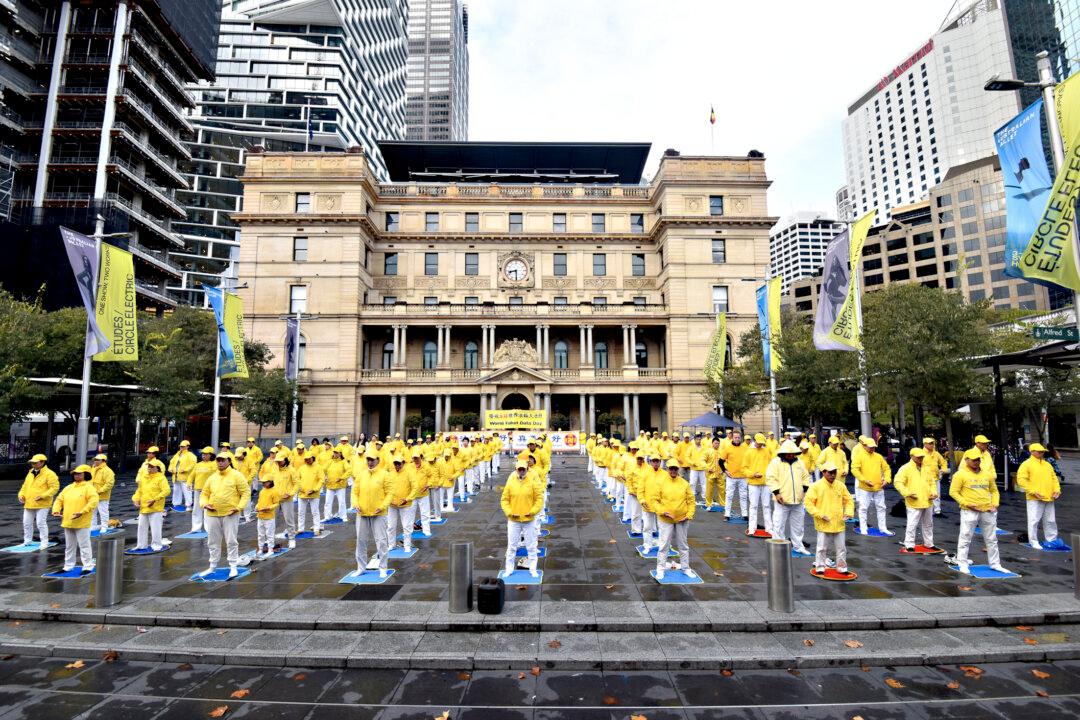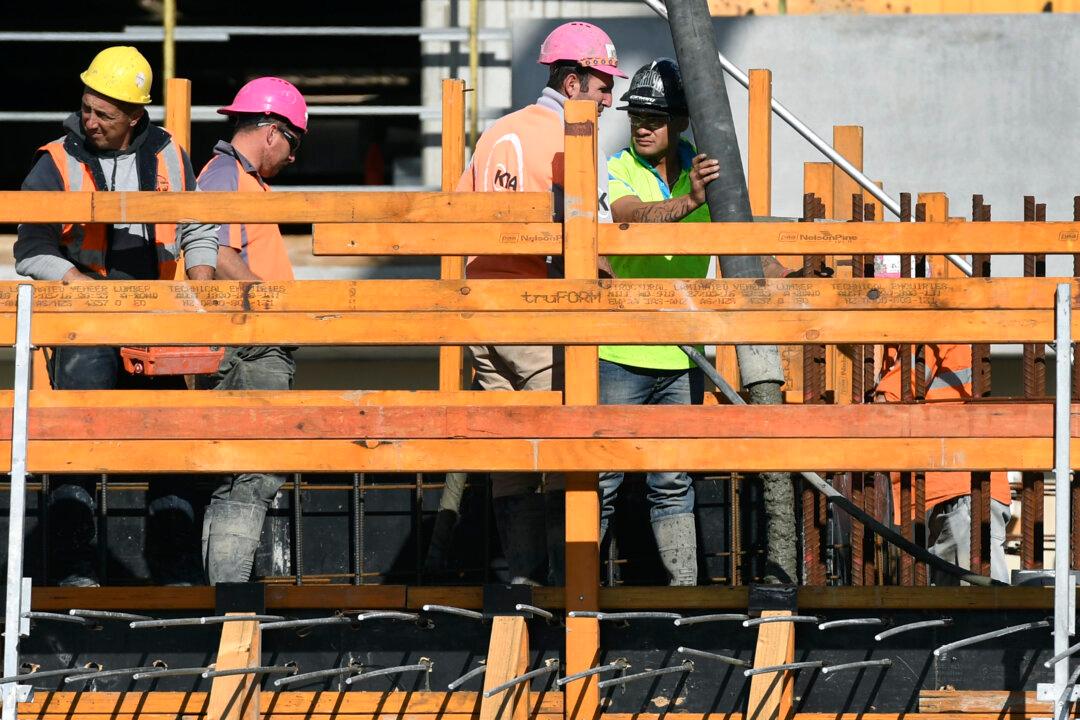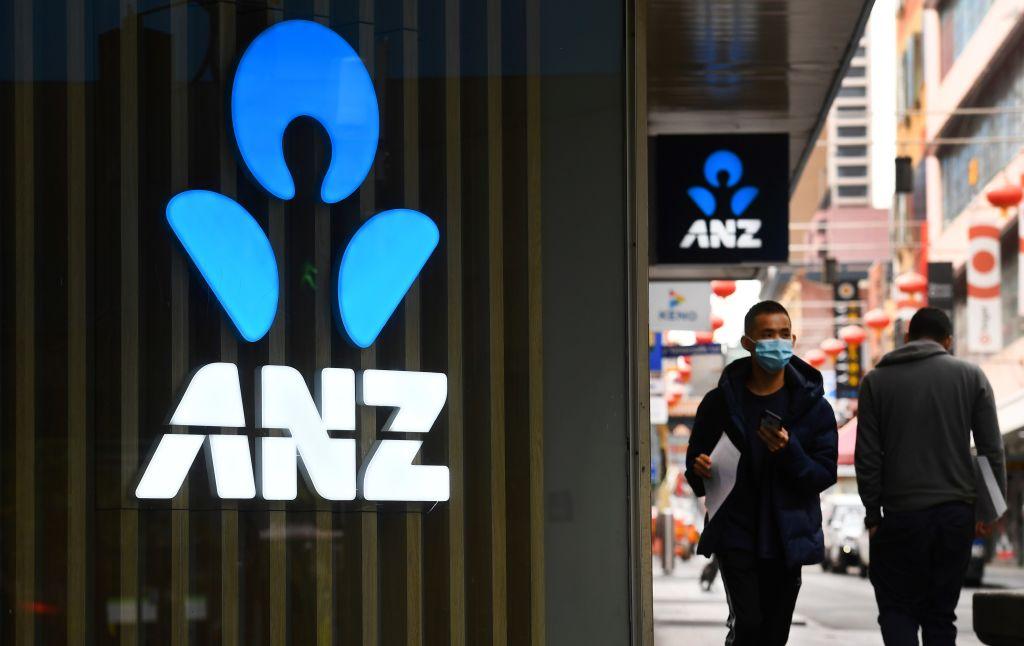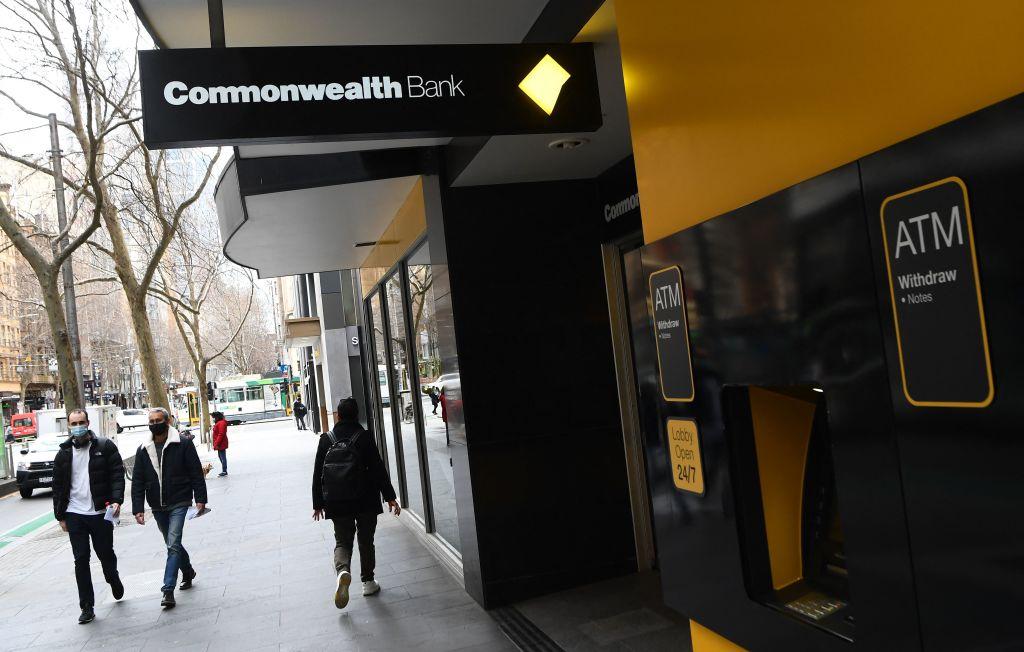An Australian suicide prevention charity is pleading for extra government funding to meet the surging demand for lifesaving help amidst repeated COVID-19 lockdowns.
The suicide helpline of Parents Beyond Breakup (PBB), a national non-profit, has recorded its highest number of callers in its 22-years of operation, with an overall 85 percent increase in calls since the first Australian COVID-19 lockdowns in March 2020.
